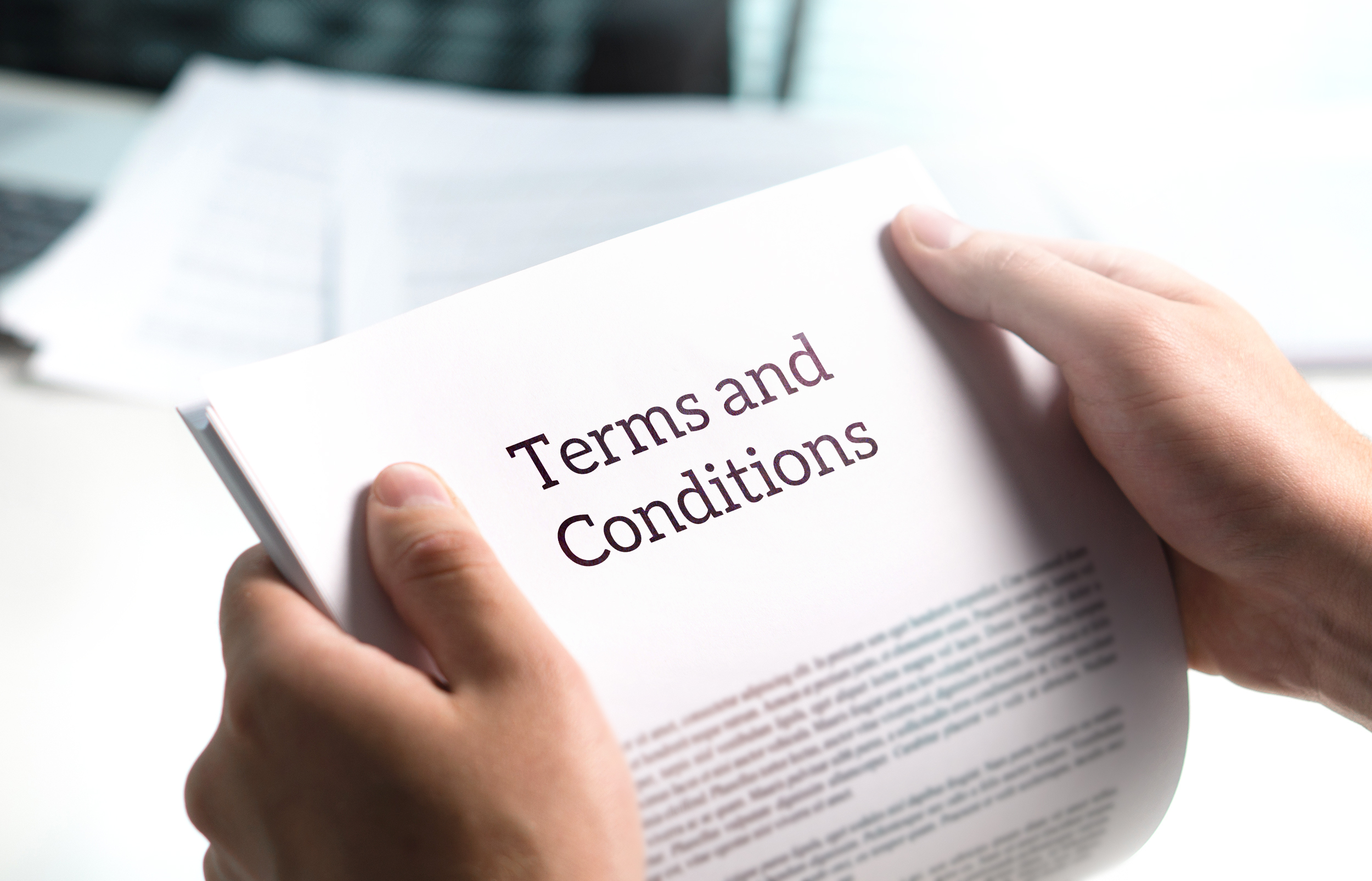The insurance industry is full of jargon. To help you understand insurance better, below is a list of common industry jargon.
Common terms
Insurance – This is a contract in which an insurance company promises to compensate an insured person.
Insurer – The company that accepts risks after receiving premiums and pays claims.
Insured – The person who has taken insurance and pays the premium.
Agent – A person or a group of people selling insurance on behalf of an insurance company.
Broker – This is an independent insurance professional licensed under the Insurance Act who advises customers on insurance. In Kenya, most brokers are members of the Association of Insurance Brokers of Kenya (AIBK).
Underwriter – This is the person who calculates how much premium to charge for various insurance products and accepts or rejects risks on behalf of insurance companies.
Underwriting – This is the process an insurance company uses to decide whether to accept or reject an application for an insurance cover.
Proposal form – This is an application form completed by a potential client for an insurance cover.
Policy – A policy is a formal contract or document issued by an insurance company to the insured, setting out terms on which the insurance cover has been provided.
Policy period – This is the period a policy is in force, from the beginning or effective date to the expiry or end date.
Premium – This is the amount the insured pays an insurance company. It could be a one-off payment or regular instalments or as per the agreement with the insurer.
Claim – This is a payment request when the insured event occurs as per the terms of the insurance policy.
Excess – This is the amount the insured pays when making a claim. The amount is specified in the policy.
Liability – This is the effects of your actions or lack of actions on others while undertaking your responsibilities.
Grace Period – This is the time, usually 31 days, during which a policy remains in force after the premium is due but not paid. The policy lapses after 31 days if the premium is not paid.
Lapse – This is the termination of an insurance policy because the premium has not been paid.
Cancellation notice – This is the termination of an insurance policy by either the insurance company or the insured before the renewal date.
Renewal – This is the continuation of a policy after the expiry date and payment of the premium.
First/Second/Third party – The first party is the insured, the second party is the insurance company, and the third party is any other person(s) who may be affected by the insured actions.
Third-party claim – This is a claim by a third party against the first party’s insurance policy.
Sum insured – This is related to the value of the insurance, and this is the basis upon which the premium is calculated, and the claim paid.
Co-pay – This is the percentage of each health care bill people must pay out of their pocket. This is under medical health insurance.
Endorsement – This is a written agreement expanding or limiting the terms and conditions of a policy.
Rider – This is an additional benefit of a policy.
Exclusions or limitations – These are provisions that exclude or limit coverage of a policy.
Towing coverage – This is a motor insurance benefit that pays for towing charges when a car cannot be driven. It also pays labour charges, like that of changing a flat tyre at the place where the car broke down.
Material misrepresentation – This implies a significant untruth on an application form which, if a company had access to, they might have rejected the application.
Pre-existing condition – This is a medical problem or illness a person had before applying for healthcare coverage.
Beneficiary – This is a person, people, or entity who will receive benefits from an insurance policy or an annuity contract.
Accident – This is an unforeseen, or unintended event.
Insurable interest – This is any financial interest a person has in the property, person, or liability.
Loss history – This is the number of insurance claims previously made by an insured. An insurance company will consider loss history when underwriting a new policy or considering renewal of an existing policy.
Market value – This is the current value of the asset you are insuring such as the home, or motor vehicle among others.
Risk or Peril – This is an occurrence that can cause loss to an individual or a business for instance theft, fire, death, or accident. A named peril or risk policy covers the insured only for the risks identified in the policy. In an all-risk policy cover, it covers all causes of loss except those specifically excluded.
Refund – This is an amount of money returned to the insured for overpayment of premiums or when a policy is cancelled.












